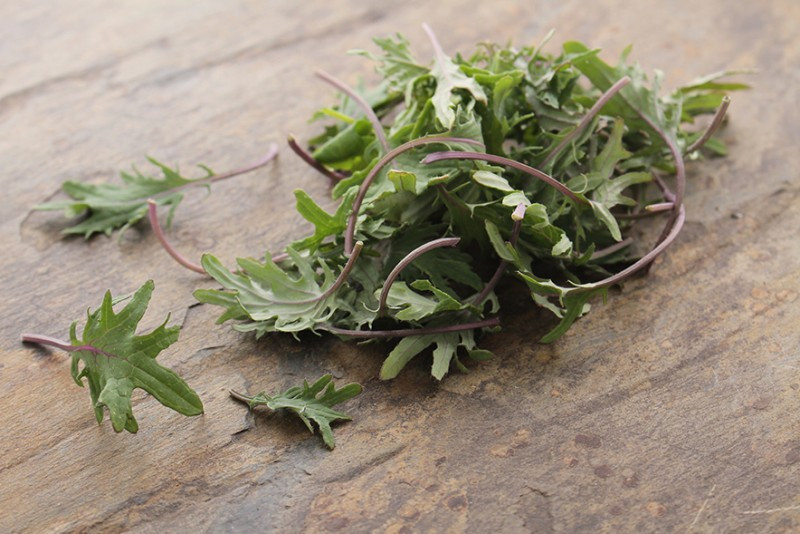Vitamin K has been referred to as "the forgotten vitamin" because its major benefits tend to get ignored or not even acknowledged because other vitamins with "bigger names," such as Vitamins C and D, hog all the headlines and have gotten more press over the years. But if we take a closer look at all that Vitamin K – which has several forms – does for our body, it would be remiss to overlook it any further. Vitamin K is in reality a group of fat-soluble compounds, the most important of which are Vitamin K1 and Vitamin K2, says webmd.com. Although related, the two are not mirror images of one another. Vitamin K1, also known as phylloquinone, in its natural state is usually found in leafy greens, such as kale, collard greens and Swiss chard, and plays a key role in helping the blood to clot, thus preventing excessive bleeding. Vitamin K2, on the other hand, is synthesized by bacteria – yes, as we've discussed before in this space, bacteria can do a number of good things for us – and the vitamin in its natural state can be found in various meats, cheeses and eggs. So, what can K2 do for us, other than be friends with bacteria? Some studies have shown it to be helpful in building strong bones and fighting osteoporosis, while also preventing heart disease. According to medicalnewstoday.com, it is believed that K2 can help mitigate the buildup of mineralization in our arteries, such as with calcium, allowing the heart to pump blood more efficiently and help maintain healthy blood pressure levels, this lowering the risk of stroke. Such mineralization occurs naturally as we age and has been identified as a significant risk factor in terms of heart disease. Vitamin K deficiency has been shown to be uncommon among adults, but it is a different story with newborns. But don't take that as cause for panic if you have an infant or are expecting. A single injection of Vitamin K is considered standard practice for newly-birthed infants, says webmd.com. It can also be used to counteract an overdose of blood thinners, such as Coumadin. As uncommon as it is to have a Vitamin K deficiency, several conditions could put you at higher risk:
- Being afflicted with a disease that hinders absorption in the digestive tract, such as Crohn's disease or celiac disease.
- Taking drugs that interfere with Vitamin K absorption, such as those used for lowering cholesterol. This is to be discussed with your doctor. There are many types of drugs used to lower cholesterol – don't assume anything.
- Being severely malnourished.
- Heavy consumption of alcohol.
- Green, leafy vegetables (i.e. kale)
- Natto (fermented soy)
- Spring onions (scallions)
- Brussels sprouts
- Cabbage
- Broccoli
- Dairy (fermented)
- Prunes
- Cucumbers
- Dried basil

